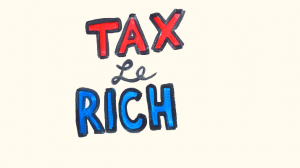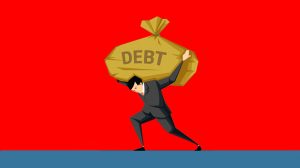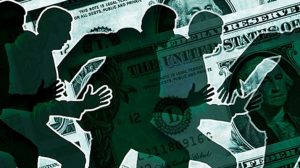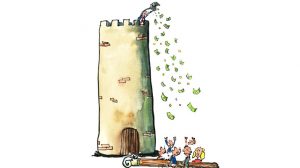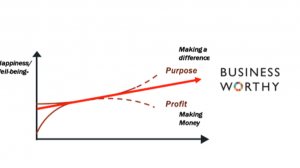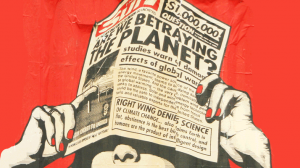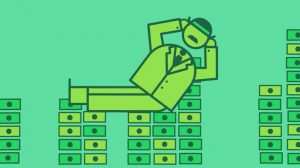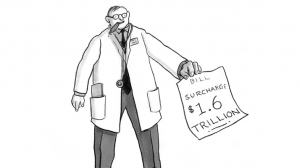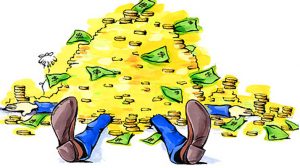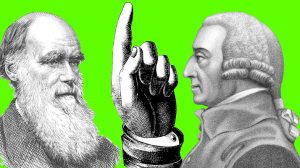By Steve Roth
Bernie Sanders and Chuck Schumer’s New York Times op-ed, “Limit Corporate Stock Buybacks,” has thrown internet gasoline on the buyback debate. The left is waving the flag, and the right is trying to tear it down.
The core Sanders/Schumer argument: buybacks extract money from firms, money that could be used to pay workers more, and fund productive investment (including worker training and upskilling).
The counterargument: how are buybacks any different from dividend distributions that way? Both transfer cash from firms to households. We don’t hear people complaining about dividend distributions stealing money from workers and investment.
That counterargument is absolutely right, even while it’s completely wrong. Because both sides miss the overwhelming effect of stock buybacks (vs dividends). Buybacks are a massive tax dodge for shareholders.
Imagine Megacorp wants to transfer a billion dollars to its shareholders (notably including the huge shareholders in its C suite and on its corporate board). Whether they distribute dividends or buy back shares, either way Megacorp has a billion dollars less on its balance sheet. Its book value drops by $1B.
Get Evonomics in your inbox
But what happens on the household, shareholder side? With a dividend distribution it’s simple; households get $1B in taxable dividend income. With a buyback, households that sell shares also receive $1B in cash, but they give up their shares, which obviously have value.
That’s where the (perfectly legal) tax avoidance lies — perhaps best explained by example:
Suppose the average shareholder’s shares were purchased for $20 each. That’s the shareholders’ tax basis. If Megacorp pays $25 a share (for 40M shares), the shareholders who sell have cap gains of $5 a share — $200M in taxable income — versus $1B if the same cash is paid out via dividends.
Dividends and long-term cap gains in the U.S. are currently taxed using the same rates and brackets: 15% if your income is above $38K, 20% if it’s above $425K. If Megacorp chooses a $1B stock buyback, our imagined shareholders pay $40M in taxes (at the 20% rate), versus $200M in taxes on a dividend distribution.
Neither of these has any effect on corporate taxes, by the way. C-corporation profits (as opposed to S corporations and other “pass-throughs”) are taxed at the corporate level, whether they get distributed or not, and no matter which distribution method is used.
There are other important problems with buybacks, mainly having to do with boards’ and C suites’ greater discretion over the timing and amounts of buybacks, and the potential for self-dealing price manipulation. (Contra Schumer and Sanders’ odd bank-shot approach to this problem, we could just repeal Rule 10B-18.)
But the right is right: Buybacks are no more pernicious than dividends in “stealing money” from firms, that could otherwise be used for worker pay and productive investment.
And they’re dead wrong that there’s no difference between the two. Buybacks steal money not so much from corporate wages, but much more obviously and explicitly: from taxes that contribute to our common public purse.
2019 February 4



